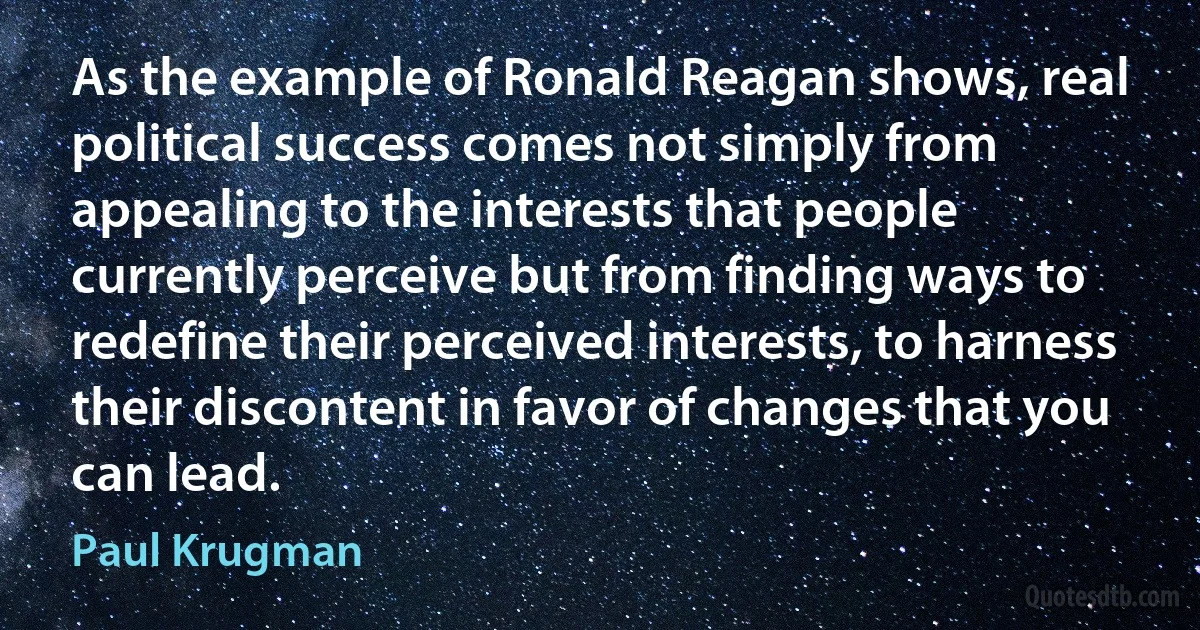Example Quotes - page 18
The example of the Jews, in many things, may not be imitated by us; they had not only orders to cut off several nations altogether, but if they were obliged to war with others, and conquered them, to cut off every male; they were suffered to use polygamy and divorces, and other things utterly unlawful to us under clearer light.

Thomas Paine
All religions are in their nature kind and benign, and united with principles of morality. They could not have made proselytes at first by professing anything that was vicious, cruel, persecuting, or immoral. Like everything else, they had their beginning; and they proceeded by persuasion, exhortation, and example. How then is it that they lose their native mildness, and become morose and intolerant?

Thomas Paine
In truth the anarchists who assume the name have done nothing to challenge the state, not with windy unread jargon-filled writings, but with the contagious example of another way to relate to other people. Anarchists as they conduct the anarchism business are the best refutation of anarchist pretensions.

Bob Black
People who are without writing have a fantastically precise knowledge of their environment and all their resources. All these things we have lost, but we did not lose them for nothing; we are now able to drive an automobile without being crushed at each moment, for example, or in the evening to turn on our television or radio. This implies a training of mental capacities which ‘primitive' peoples don't have because they don't need them.

Claude Lévi-Strauss
Never. We never lose our loved ones. They accompany us; they don't disappear from our lives. We are merely in different rooms. For example, I can't see who is in the next carriage, but it contains people traveling in the same time as me, as you, as everyone. The fact that we can't speak to them or know what's going on in that other carriage is completely irrelevant. They are there. So what we call ‘life' is a train with many carriages. Sometimes we're in one, sometimes we're in another, and sometimes we cross between them, when we dream or allow ourselves to be swept away by the extraordinary.

Paulo Coelho
At the point at which the concept of différance, and the chain attached to it, intervenes, all the conceptual oppositions of metaphysics (signifier/signified; sensible/intelligible; writing/speech; passivity/activity; etc.)- to the extent that they ultimately refer to the presence of something present (for example, in the form of the identity of the subject who is present for all his operations, present beneath every accident or event, self-present in its "living speech," in its enunciations, in the present objects and acts of its language, etc.)- become non pertinent. They all amount, at one moment or another, to a subordination of the movement of différance in favor of the presence of a value or a meaning supposedly antecedent to différance, more original than it, exceeding and governing it in the last analysis. This is still the presence of what we called above the "transcendental signified.

Jacques Derrida
Economists, like everyone, have their political biases, but these are by no means as strong an influence on what they are willing to consider as you might think. For example, one might have thought that strongly liberal economists like, say, James Tobin would be at least mildly sympathetic to the views of radical economists who draw their inspiration from Marx, or of heterodox economic thinkers like Galbraith. After all, in such fields as history and sociology the Marxist or post-Marxist left has long received a respectful hearing. And yet you don't find this happening: liberal economists are almost as quick as their conservative colleagues to condemn heterodox leftist ideas as foolish it was the liberal Robert Solow, not Milton Friedman, who defended orthodoxy in the bitter "capital controversy" with British radicals.

Paul Krugman
Let me give you an example that encapsulates the whole difference between America and Singapore. America has a vicious drug problem. How does it solve it? It goes around the world helping other anti-narcotic agencies to try and stop the suppliers... Singapore does not have that option. What we can do is to pass a law which says that any customs officer or policeman who sees anybody in Singapore behaving suspiciously... can require that man to have his urine tested. If the sample is found to contain drugs, the man immediately goes for treatment. In America if you did that it would be an invasion of the individual's rights and you would be sued.

Lee Kuan Yew



